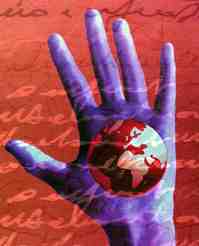 What's the common thread uniting literary works as disparate as Walden, The Grapes of Wrath and Moby Dick? When viewed through the lens of ecocriticism, each of these works reveals telling visions of our environment, for better or worse.
What's the common thread uniting literary works as disparate as Walden, The Grapes of Wrath and Moby Dick? When viewed through the lens of ecocriticism, each of these works reveals telling visions of our environment, for better or worse.
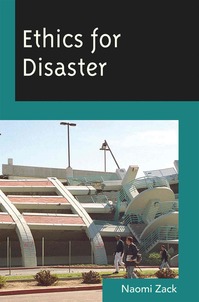 More than two months have passed since the devastating Haitian earthquake, yet thousands still roam the streets, homeless, hungry, in search of medical treatment. And now the besieged survivors of Chile's massive quake are experiencing new dimensions of human misery.
More than two months have passed since the devastating Haitian earthquake, yet thousands still roam the streets, homeless, hungry, in search of medical treatment. And now the besieged survivors of Chile's massive quake are experiencing new dimensions of human misery.
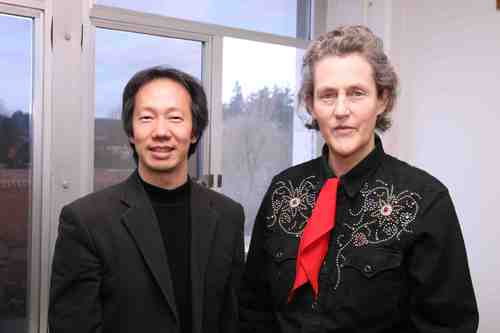 A crowd of 1,200 students and scholars of psychology, religious studies and ethics -- plus teachers, parents, and others from the community -- attended a campus talk by Temple Grandin in February.
A crowd of 1,200 students and scholars of psychology, religious studies and ethics -- plus teachers, parents, and others from the community -- attended a campus talk by Temple Grandin in February.
 Trash talk. Trashy TV. Trash as art. These are just a few of the topics that will be featured in the upcoming issue of Nomad, the undergraduate student-written journal published as a special project of the UO Comparative Literature Program (COLT).
Trash talk. Trashy TV. Trash as art. These are just a few of the topics that will be featured in the upcoming issue of Nomad, the undergraduate student-written journal published as a special project of the UO Comparative Literature Program (COLT).
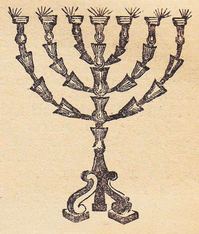 Leading scholars in the field of Judaic studies will gather in Eugene May 23 to celebrate the ten-year anniversary of The Harold Schnitzer Family Program in Judaic Studies at the UO.
Leading scholars in the field of Judaic studies will gather in Eugene May 23 to celebrate the ten-year anniversary of The Harold Schnitzer Family Program in Judaic Studies at the UO.
UO's creative writing program has made the Top Ten -- namely, the top ten creative writing MFA programs in the nation, out of a total of 50 ranked by Poets and Writers magazine.
Skimming the course catalog, we see that this year students have had the chance to delve into our collective fascination with evil, whether real or imaginary, through a pair of humanities courses examining the heinous and the harrowing.
 What's the common thread uniting literary works as disparate as Walden, The Grapes of Wrath and Moby Dick? When viewed through the lens of ecocriticism, each of these works reveals telling visions of our environment, for better or worse.
What's the common thread uniting literary works as disparate as Walden, The Grapes of Wrath and Moby Dick? When viewed through the lens of ecocriticism, each of these works reveals telling visions of our environment, for better or worse.

 More than two months have passed since the devastating Haitian earthquake, yet thousands still roam the streets, homeless, hungry, in search of medical treatment. And now the besieged survivors of Chile's massive quake are experiencing new dimensions of human misery.
More than two months have passed since the devastating Haitian earthquake, yet thousands still roam the streets, homeless, hungry, in search of medical treatment. And now the besieged survivors of Chile's massive quake are experiencing new dimensions of human misery.
 Trash talk. Trashy TV. Trash as art. These are just a few of the topics that will be featured in the upcoming issue of Nomad, the undergraduate student-written journal published as a special project of the UO
Trash talk. Trashy TV. Trash as art. These are just a few of the topics that will be featured in the upcoming issue of Nomad, the undergraduate student-written journal published as a special project of the UO 
 When the volcano erupted, a UO professor discovered that local residents consoled themselves through song.
When the volcano erupted, a UO professor discovered that local residents consoled themselves through song.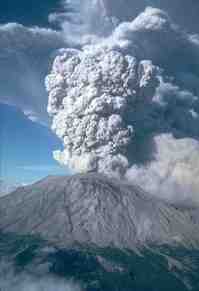
 Join UO neuroscientists as they bring the host of the PBS series, The Human Spark into their brain research lab.
Join UO neuroscientists as they bring the host of the PBS series, The Human Spark into their brain research lab.  Temple Grandin, perhaps the world's best known person with autism, drew an overflow crowd to her UO talk.
Temple Grandin, perhaps the world's best known person with autism, drew an overflow crowd to her UO talk.
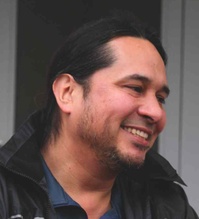
 Watch a slideshow about Elena Rodina's journalistic globetrotting, from the Arctic Circle to Cuba.
Watch a slideshow about Elena Rodina's journalistic globetrotting, from the Arctic Circle to Cuba.